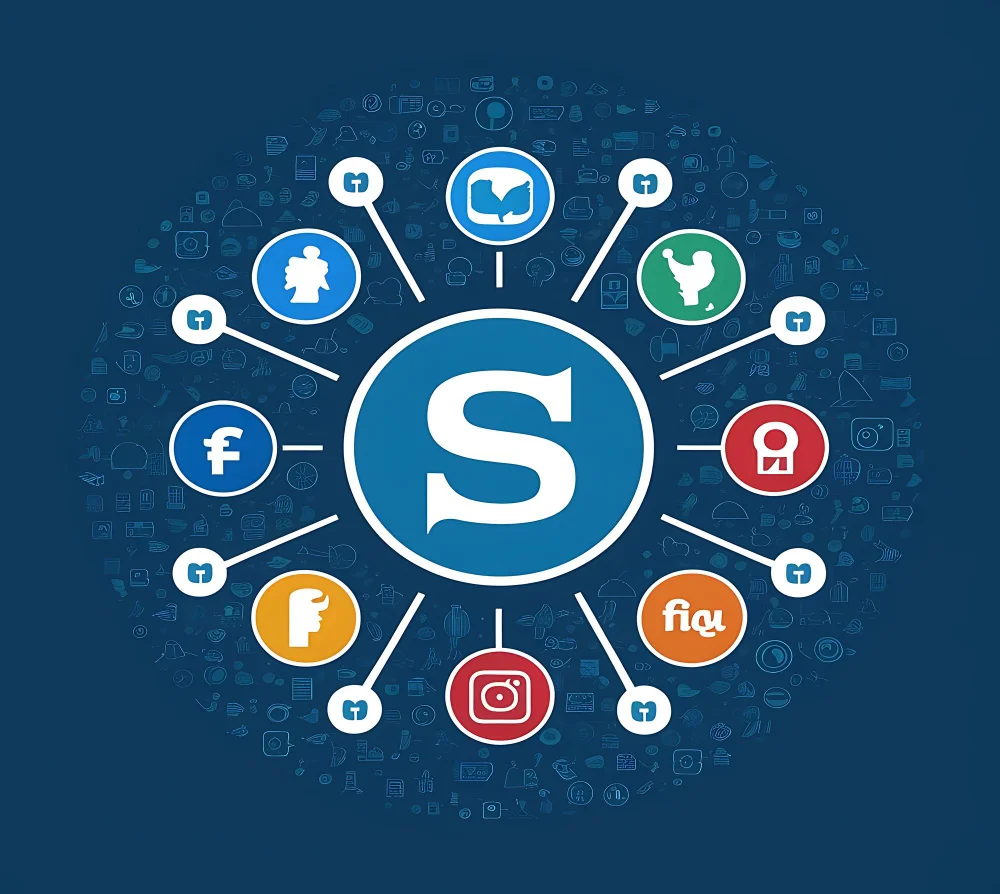Introduction
In today’s world, video calls have become a vital part of communication, and Skype, known as “Skypessä” in Finnish, is one of the most popular platforms for this purpose. This article will provide detailed information about Skype, its features, benefits, and more.
Historical Background
In 2003, Niklas Zennström and Janus Friis developed what is now known as Skype. It quickly became popular for its ability to make free video and voice calls over the internet. Microsoft acquired Skype in 2011, bringing many new features and improvements.
Features and Benefits of Skypessä
Video and Voice Calls
Skype allows you to make high-quality video and voice calls to anyone in the world. You can call individuals or create group calls with multiple people. Here is how you can make a video call on Skype:
- Open Skype and sign in.
- Select the contact you wish to call.
- Click the video call button.
Messaging
Skype offers instant messaging where you can send texts, images, and files. It also supports emojis and GIFs to make your chats more fun.
Screen Sharing
You can share your screen during a call, which is useful for presentations or troubleshooting. To share your screen:
- Start a video call.
- Click on the screen share button.
- Choose the screen or window you want to share.
Skype Translator
Skype has a built-in translator that can translate your conversations in real-time. This is perfect for communicating with people who speak different languages.
Mobile and Desktop Apps
Skype can be used on multiple devices, such as computers, smartphones, and tablets, allowing you to stay connected no matter where you are.
User Experiences
Testimonials
Many users have found Skype to be a valuable tool for both personal and professional communication. For example, Jane, a teacher, uses Skype to conduct online classes, making education accessible to students worldwide.
Case Studies
Businesses also benefit from Skype. For instance, a small business owner, John, uses Skype to hold meetings with his remote team, saving time and travel costs.
Comparing Skype with Other Platforms
Zoom vs. Skype
While Zoom is popular for webinars and large meetings, Skype offers better integration with Microsoft Office and is more user-friendly for everyday communication.
Microsoft Teams vs. Skype
Microsoft Teams is great for collaboration within organizations, but Skype is more suitable for personal calls and small businesses due to its simplicity and ease of use.
Technical Insights
Requirements
To use Skype, you need:
- A device with internet access
- A webcam and microphone for video calls
- The Skype app, which you can download from Skype’s official website
Troubleshooting Tips
If you encounter issues with Skype:
- Check your internet connection
- Ensure your webcam and microphone are working
- Restart the Skype app or your device
Security and Privacy
Skype takes security seriously. It uses encryption to protect your calls and messages. To enhance your privacy:
- Use strong passwords
- Enable two-factor authentication
- Be cautious about sharing personal information
Future Trends
Upcoming Features
Skype continues to evolve. Future updates may include better AI integration and new virtual reality (VR) capabilities, making your communication experience even more immersive.
Innovations
Skype is exploring new technologies to stay ahead in the communication space. Innovations like VR and AI will likely enhance how we connect with others.
Reader Q&A
Have questions about Skype? Submit your queries in the comments below, and we will answer them in our next article.
Conclusion
Skype, or Skypessä, is an essential tool for staying connected with friends, family, and colleagues. Its wide range of features makes it suitable for various communication needs. Try Skype today and experience the benefits firsthand.





















+ There are no comments
Add yours